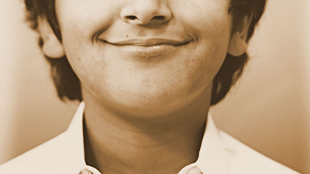 Wikimedia Commons, ElectronNo other goal in life is so universally shared as happiness. Some say it comes from within; others claim to get it from their environments. Arguing that contentment depends at least to some extent on external factors like money and working hours, Wired has turned to science to pinpoint key quantities in life that help people maximize happiness.
Wikimedia Commons, ElectronNo other goal in life is so universally shared as happiness. Some say it comes from within; others claim to get it from their environments. Arguing that contentment depends at least to some extent on external factors like money and working hours, Wired has turned to science to pinpoint key quantities in life that help people maximize happiness.
First up is salary. Analyzing responses to the Gallup-Healthways Well-Being Index, psychologists Daniel Kahneman and Angus Deaton, both from Princeton University, reported that people with an annual household income of around $75,000 are about as happy as you can get. Those with incomes below that gave lower responses to both life evaluation and emotional wellbeing questions. And people who earn more than $75K per year didn't have commensurately higher levels of emotional wellbeing, though their life evaluation ratings did increase.
As for hours of work, 33 per week seem to be just right, according to Simon Luechinger, an economist at the University of Lucerne, Switzerland. “Life satisfaction increases with the number of weekly working hours up to about 33 hours and decreases afterwards,” he wrote ...




















